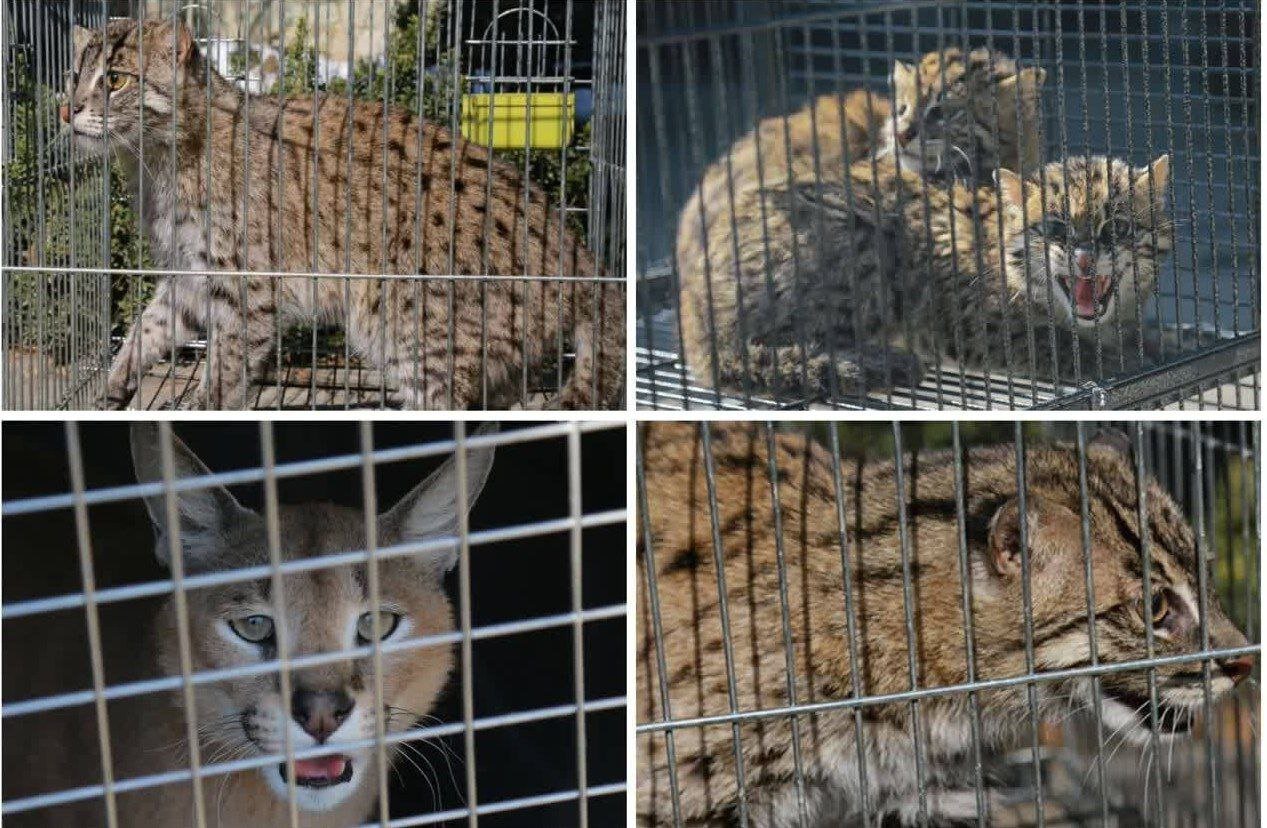DOE launches working group to combat wildlife trafficking in cyberspace

TEHRAN – The Department of Environment (DOE) has established a working group to monitor wildlife cybercrimes and combat illegal wildlife trade, an official with the DOE has said.
Wildlife trafficking is the third most profitable crime, following drug and weapon trafficking.
Studies indicate that 25 percent of species advertised for sale are listed as prohibited in international trade by the Convention on International Trade in Endangered Species of Wild Fauna and Flora (CITES).
From lion cubs to pythons, salamanders, Persian squirrels, rhesus monkeys, birds such as falcons, bustards, saker falcons, different types of hawks, invertebrates, reptiles such as native and non-native turtles, snakes, and iguanas are among the most common wild species that are illegally bought, sold, and kept.
The DOE, in cooperation with experts of the Wildlife Organization, is also developing another plan to combat wildlife trafficking, which will be implemented nationwide once it is approved, ISNA quoted Hamid Zoharbi as saying.
The main goal is to attract more attention to wildlife trafficking and deal with wildlife traffickers more decisively.
Penalties increased to curb wildlife crimes
In 2024, the DOE increased penalties for wildlife crimes to deter offenses and strengthen conservation measures.
Offenses involve the illegal killing of wildlife, fishing, or hunting without permits. The penalties for these offenses vary based on the biological value of each species, the population crisis, and the endangered status, whether or not the species is in danger of extinction.
Penalties for hunting and capturing wild animals and destroying vegetation have increased from 20.4 million rials (about 20 dollars) to 102 million rials (about 104 dollars).
The penalties for hunting and fishing during prohibited seasons and hours, hunting and fishing using unauthorized equipment and methods, and destroying sources of water like fountains for animals in protected areas, have increased from 153 million rials (156 dollars) to 306 million Rials (almost 313 dollars).
The fines for hunting and fishing protected wild animals, particularly in protected areas and wildlife sanctuaries without a permit; polluting the water of rivers; lakes, and protected wetlands; hunting rare and endangered wild animals; hunting in national parks; and hunting or killing wild animals using poisons and explosives; taking actions that pollute the Caspian Sea, the Persian Gulf, and the Sea of Oman with non-oil substances, has raised from 204 million rials (208 dollars) to 340 million rials (about 346 dollars) and 408 million rials (416 dollars) to 578 million rials (around 590 dollars), respectively.
MT/MG
Leave a Comment